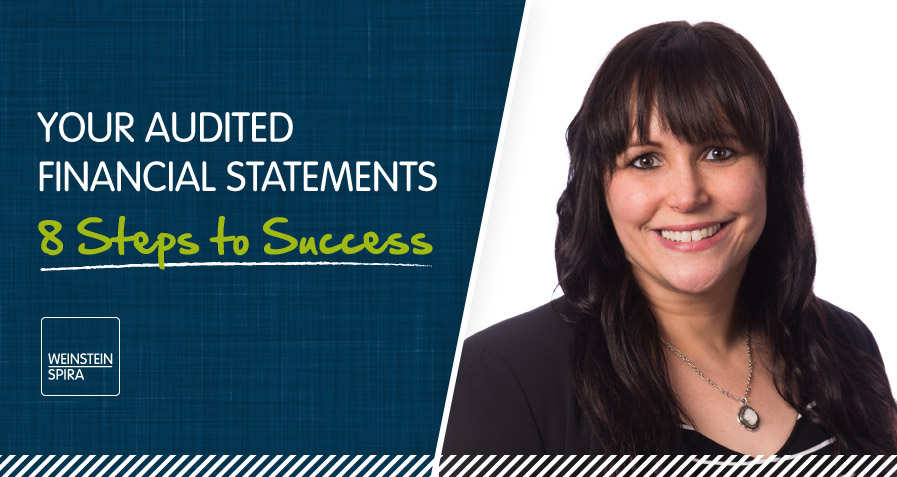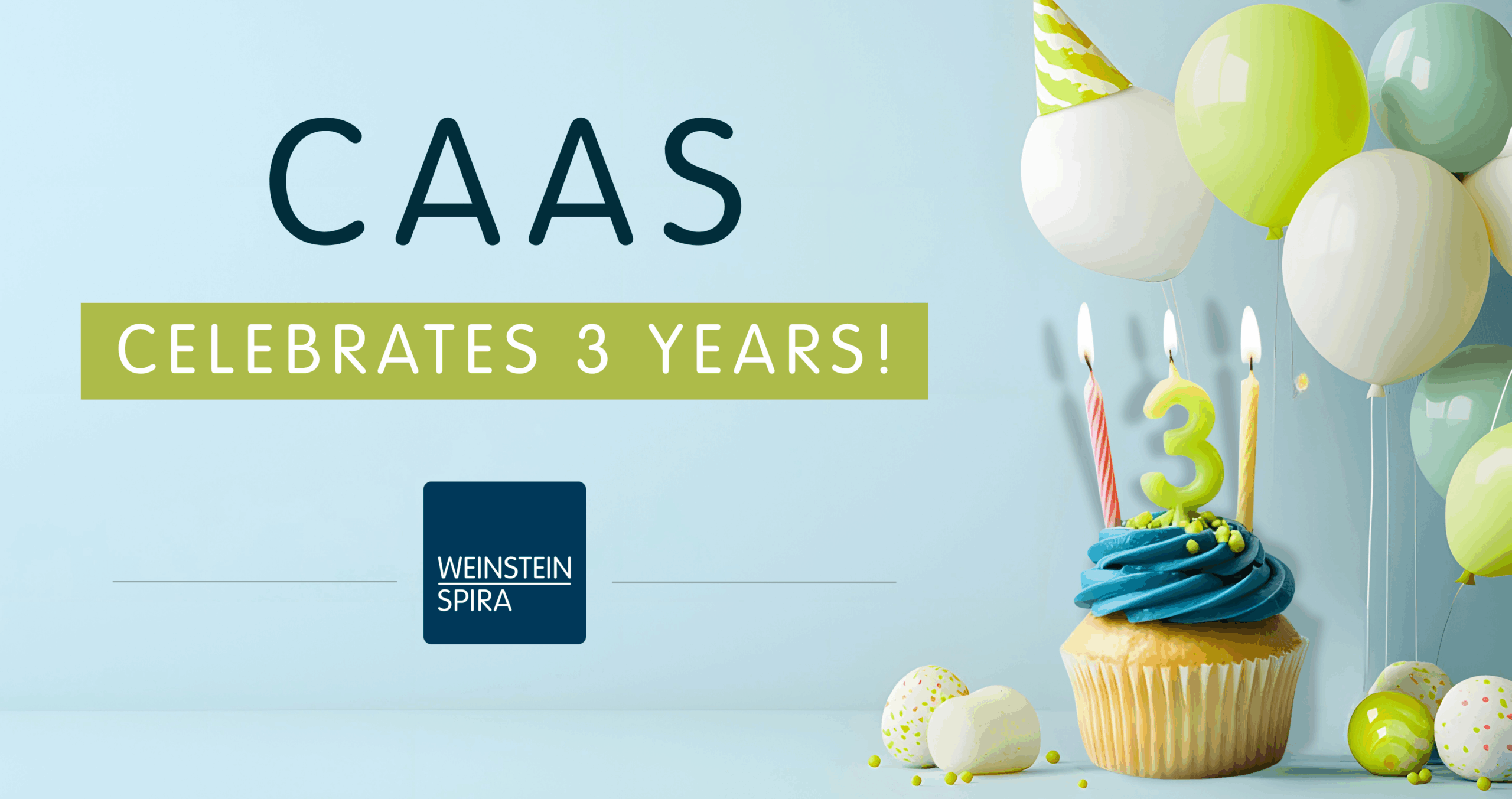With over a decade of experience in public accounting, I have performed countless financial statement audits for businesses across industries. Whether required by debt agreements or requested by investors, a successful audit provides transparency and confidence in your company’s financial health.
What Does a Successful Financial Statement Audit Look Like?
At Weinstein Spira, our goal is to make the financial statement auditing process smooth and insightful. Here are eight proven steps to help you prepare:
1. Communicate year-round with your auditor
Keep your CPA informed of any unique transaction such as acquisitions, debt restructuring or related party activity, well before the audit begins.
2. Organize financial statement audit documentation
Audit evidence includes emails, meeting minutes and transaction support. Digital records are ideal for quick access and review.
3. Reconcile accounts before the audit
Reconcile your general ledger accounts before submitting them. This ensures accuracy and builds confidence in your data.
4. Perform analytical reviews of financial statements
Compare current financials with prior periods and be ready to explain any significant changes.
5. Allocate resources for a smooth audit
Designate team members and allocate time for audit prep. Share availability and preferences with your auditors early.
6. Stay informed on financial statement auditing standards
Ask your CPA about new accounting or auditing requirements that may affect your financial statements.
7. Review Agreements for audit disclosure
Read through new or amended contracts – leases, debts, equity, and provide them to your auditor for proper disclosure.
8. Apply Lessons from past financial statement audits
Implement recommendations from prior audits to streamline this year’s process and improve outcomes.
Need help with your financial statement audit? Contact our Houston audit team!
Summary
Undergoing an audit of your company’s financial statements does not have to be an intimidating or stressful experience. In fact, it can be a learning opportunity if approached with a positive attitude. Working with a firm that wants you to be successful in completing the financial statement audit is also key. While there is no perfect audit, we can strive towards making it as accurate as possible (and as painless as possible) by being prepared and having a free flow of communication between both parties.
The Weinstein Spira auditing team is here to address your concerns and assist with financial statement audits in a caring, thorough manner. Let’s talk about it. Contact us to discuss your audit concerns.
For more on audit standards, visit the AICPA’s audit and assurance resources.



